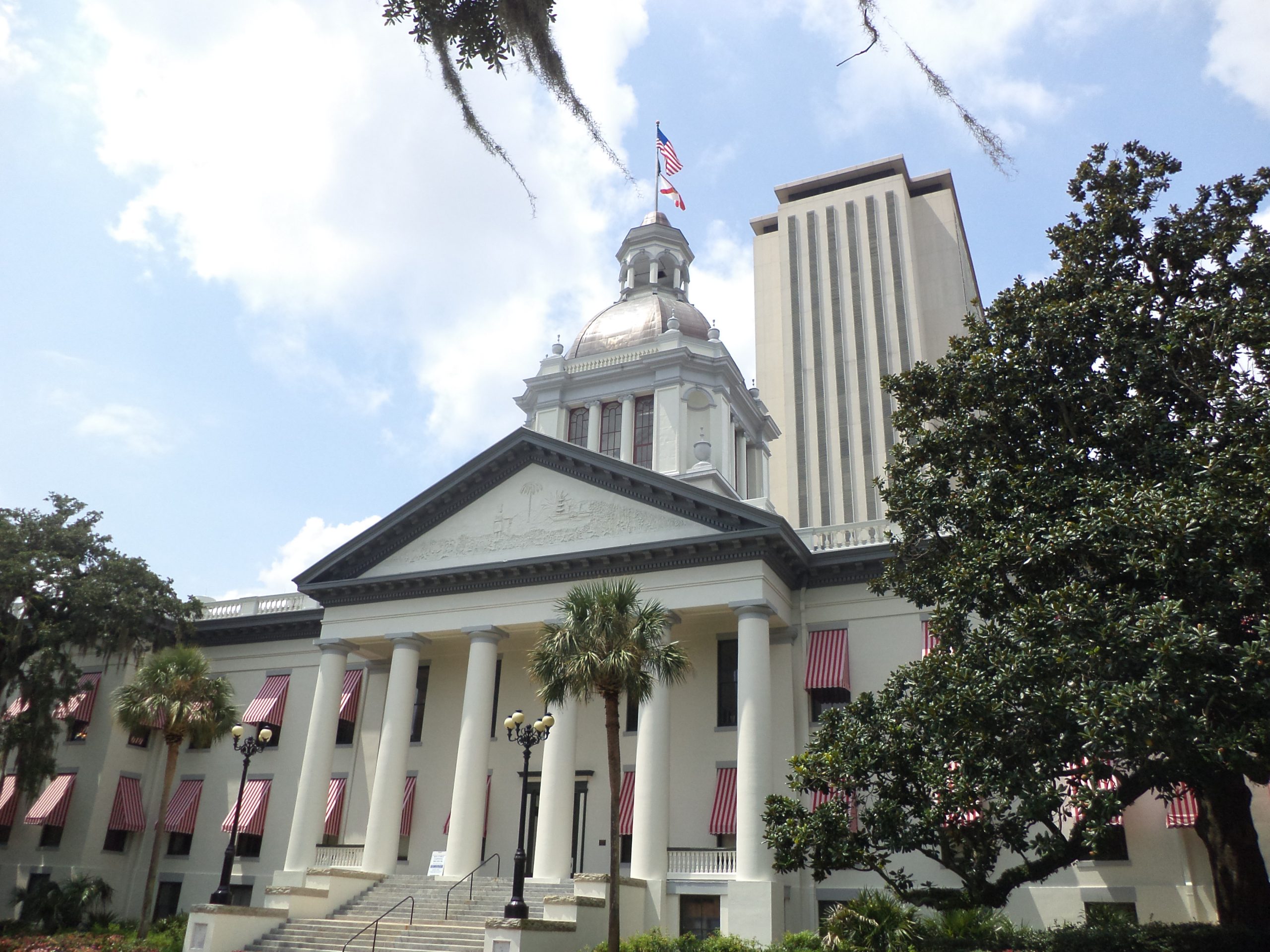A bill that aims to exempt additional voter registration data from Florida’s public records laws was introduced Sunday by State Representative Cyndi Stevenson of St. Augustine.
In addition to data such as a voter’s social security number which was already exempt, Stevenson’s bill (HB 983) looks to shield the public from a voter’s date of birth, telephone number, e-mail address, and party affiliation.
According to the text of the bill, a voter’s day of birth, telephone number, e-mail address, and party affiliation are, “personal and sensitive and could be misused by a dishonest person if placed in the public domain with the applicant’s or the voter’s name.” It also notes that, “by matching a name, full date of birth, telephone number, or e-mail address, a dishonest person could commit identity theft, which could result in financial harm.”
The bill also expresses the concerns of political harassment voter’s might receive based on his or her party affiliation, as well as the potential for such information may be used for consumer scams, unwanted solicitations, or other forms of invasive contacts.
In addition to limiting public access to said information, the bill notes specifically that the exemption of voter’s e-mail addresses is also an attempt to tackle unrestricted e-mail access that leads to voter fraud, while also an attempt to encourage voter’s feeling of security in communicating electronically transmitted voting information with their respective supervisor of elections.
“Collection of the e-mail address of a voter registration applicant or voter would give supervisors of elections the opportunity to employ the cost-saving measure of electronically transmitting voting information. If a voter registration applicant or voter knows that his or her e-mail address is subject to public disclosure, he or she may be less willing to provide the e-mail address to the supervisor of elections,” the bill states.
While date of birth, telephone number, e-mail address, and party affiliation is not accessible to the public, the bill does state that said information would be accessible for, “official purposes by canvassing boards and election officials; political purposes by political parties, candidates, elected officials, and political committees; and purposes approved by the office of the Secretary of State.”
If approved in the upcoming legislative session that begins January 11th, the bill would take effect on July 1st, 2022 – prior to the statewide elections in November.
Casey Owens is a contributing writer for The Florida Capital Star. Follow him on Twitter at @cowensreports. Email tips to [email protected].
Photo “Florida Senate Capitol” by Michael Rivera CC BY-SA 3.0.





